What makes us think that the reader of romances is stuck in a dream world, an escapist, probably deeply unhappy with no social life? What makes reading a non-fiction serious book a virtue? What other prejudices have you noticed? What are science fiction readers like? What kind of life do readers of true crime lead? Have you ever heard someone apologise for their reading, 'Oh, I just read rubbish?'
There are more guilts, shames and snobberies attached to reading than probably any other art form. These may seem harmless but they do affect people very deeply and may prevent readers from venturing outside their own comfort zone – the area of reading that they perceive is for them.
Books do not arrive as a pre-ordained experience. A hundred readers of the same book will report a hundred different experiences, because what shapes our response is as much to do with who we are, our own personal hang-ups, passions and prejudices, as with the nature of the book itself.
Reader development encourages people to try something new and different, offering surprises. Helping readers to feel confident about their own reading choices is the key to empowering them to start taking a few risks.
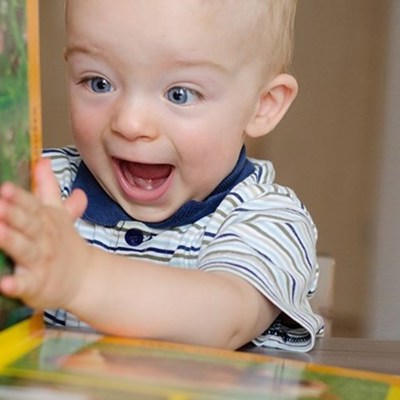
… is quite simply the one you like best. You can discover it for yourself but we are here to help you find it.
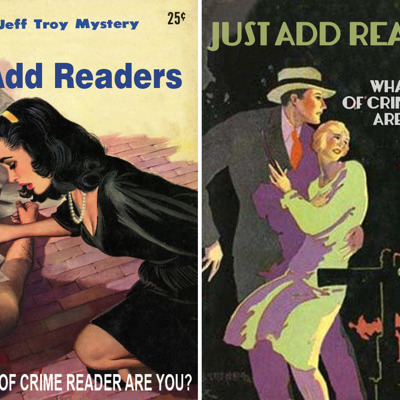
Instead of modelling a live literature event in a library on the traditional author talk and reading, it is worth taking a different approach. How about shifting the focus away from the author and towards the reader and the experience of reading?

In the retail sector, companies know a great deal about their customers and, when planning marketing strategies, they break their market down into very specific segments. This helps them to target their marketing more successfully. In the public sector, where we are committed to offering a quality service across the board, it is harder to adopt the principle of aiming specific services or promotions to specific groups.
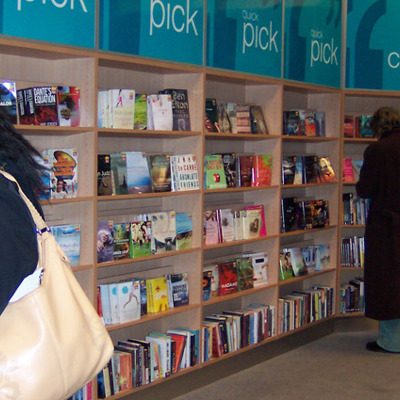
Our research has shown that approximately half of the people coming into a library are looking for a specific title or author. The other half want to browse what's there and see what happens to take their fancy. This gives a 50-50 split in preferred method of choosing.
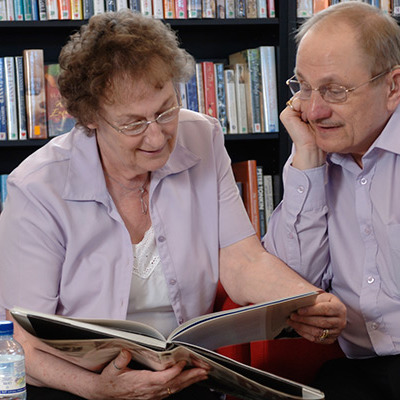
When we talk of resources we think of books, buildings, staff. But the biggest resource you have is your readers. They are plentiful in number, variety and imagination.
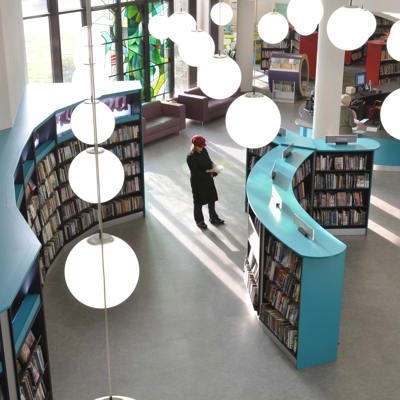
One of the biggest barriers to finding what you want is the sheer number of choices that exist. If you walk into a library, you see crowded ranks of spine-on books disappearing into infinity. It's a confusing and exhausting prospect for the browser who is not sure what they are looking for.
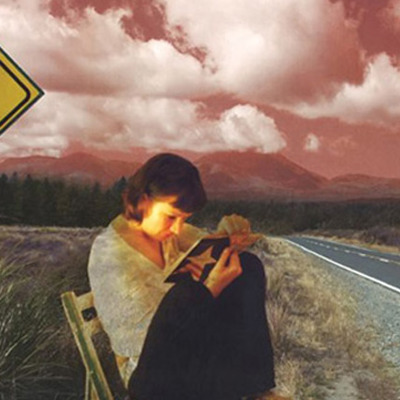
Starting with the reader and the experience of reading, rather than the author or the book, is the major change that Opening the Book has introduced into promotion.
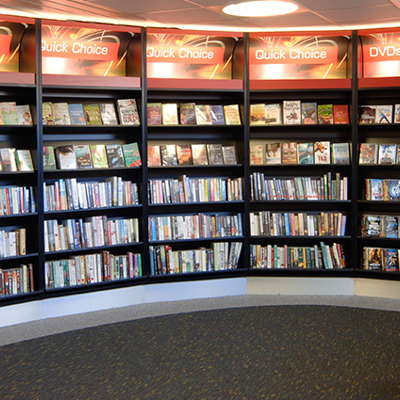
Think about all the barriers that we have to overcome every time we pick a new book to read. Is this the kind of book I usually like? Is it too heavy? Too light? Will it bore/scare/offend me? There are many psychological barriers which prevent readers from taking risks with their reading.
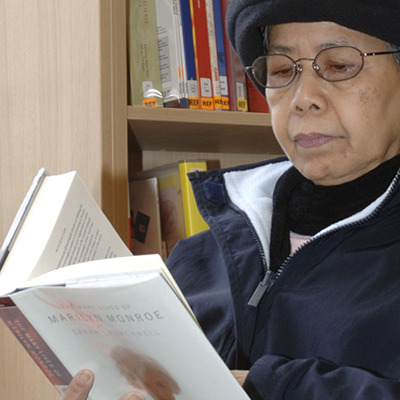
Reader development takes an inclusive approach to whatever people are reading. We don’t need to make value judgments about the 'quality' of books as we shift the focus to the quality of the reading experience. It is quite possible to have a poor reading experience with a great book - most of us have experienced this at school or later in life.
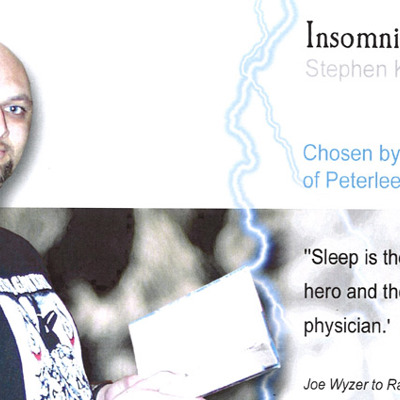
Reading is something we do by ourselves in private. There are more readers than there are practitioners of any other art form but because reading is largely an individual and domestic habit, this is often overlooked. Imagine all the readers of a bestseller brought together in one space as happens with music or sport ....
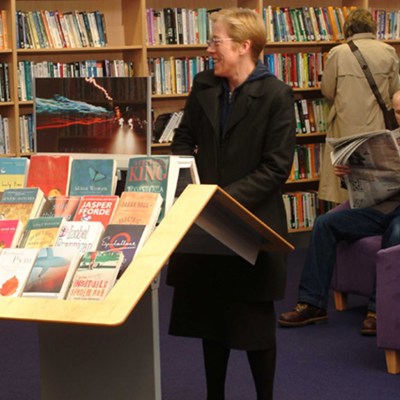
The literature world concentrates mainly on writing and publishing. This is true of both the commercial sector and the arts funding sector. Opening the Book's unique contribution has been to introduce the concept of intervening at the point of consumption.
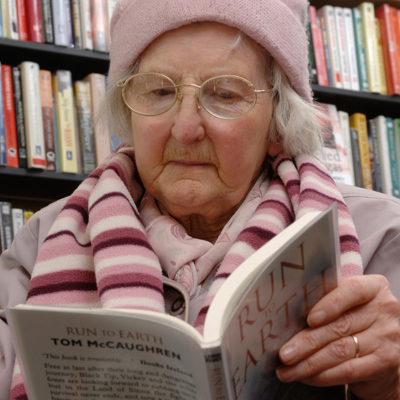
There are lots of different kinds of writing about books – reviews make judgments on quality, synopses summarise what a book is about, plot descriptions often have a cliffhanger sentence as an obvious way to ask someone to read more.